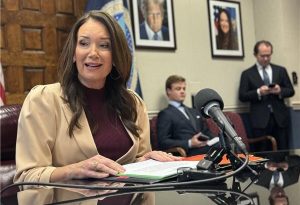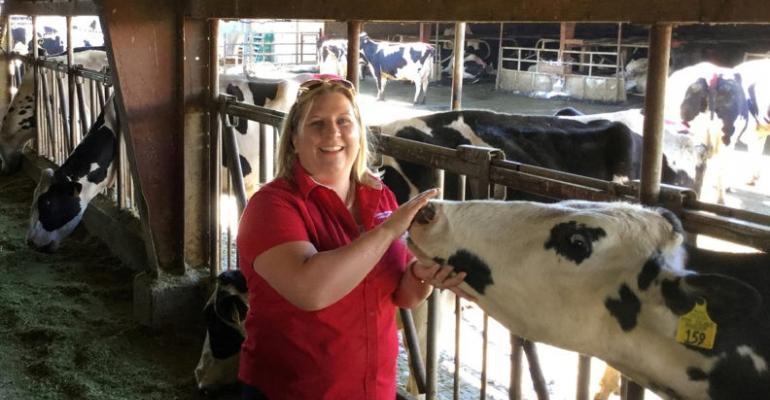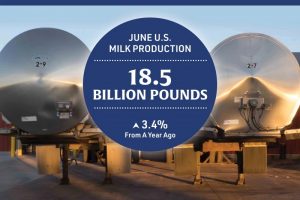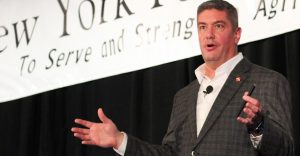
For employees at dairy operations, sharing close quarters with dairy cows requires knowledge and awareness to avoid preventable injuries. One slip could mean a crushed finger, broken bones or worse, as well as thousands of dollars in lost productivity and higher insurance premiums for farms.
To help protect people, farm businesses and animals, Amber Adams Progar, assistant professor with Washington State University’s (WSU) department of animal sciences, has partnered with dairy farmers and researchers across Washington to help farmers and their employees master safer farm practices and cow handling techniques, according to an announcement from WSU.
This spring, Adams Progar is helping launch the new Washington State Dairy Safety Network, a collaboration among the Washington State Dairy Federation, WSU and the University of Washington’s Pacific Northwest Agricultural Safety & Health Center.
Funded by the Washington State Department of Labor & Industries’ Safety & Health Investment Projects Grant Program, the new network will create and share safety training and knowledge that helps dairy employees stay safe on the job.
“Many new employees don’t have any livestock experience; they’re starting from scratch,” Adams Progar said. “They need to quickly learn lessons that experienced animal handlers take for granted: Never stand between a cow and her calf, or never put your hand between an animal and a concrete wall. Many people don’t think about having an exit strategy from a pen or chute until it’s too late.”
At WSU, Adams Progar and her students study stress in dairy cattle with an eye on improved management practices, helping boost animal well-being and farm performance.
“For the network, I’m looking at cow behavior to determine how to best train people to interact with animals in a safe way,” Adams Progar said. “Ultimately, the goal is to improve both human and animal safety.”
In the 18-month project, the Dairy Safety Network partners are developing an online, interactive resource for dairy safety knowledge and training materials, ensuring that farmers, managers and employees can find needed information in English and Spanish, WSU said.
This year, Adams Progar will develop a “Train the Trainer” program, researching common animal-related injuries, such as crushed fingers, and building training sessions that help farmers prevent them from happening. This program will also be offered in English and Spanish.
“By taking the training, farmers, managers and staff will have the tools and skills they need to keep themselves and their animals safe,” Adams Progar said. “We’re empowering people to go back to their dairies and train their own employees. It’s an exciting opportunity to help Northwest dairies become safer and more productive.”
Last month, Adams Progar and her collaborators offered the network’s first outreach event, a safety workshop at the 15th annual Agriculture Safety Day in Kennewick, Wash., to help farm managers and employees prevent slips, trips, falls and animal‑related injuries.
Source: Washington State University, which is solely responsible for the information provided and is wholly owned by the source. Informa Business Media and all its subsidiaries are not responsible for any of the content contained in this information asset.























